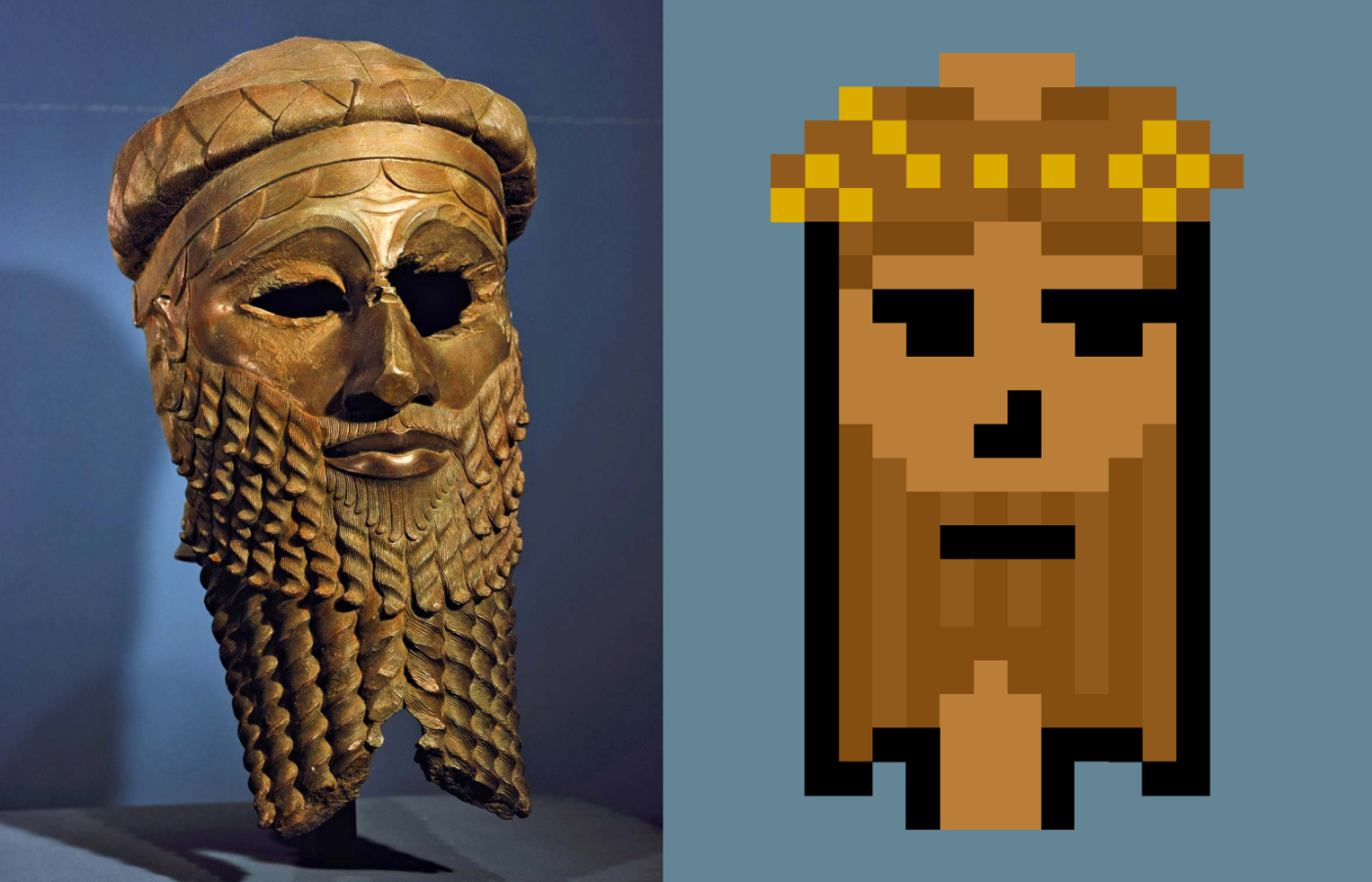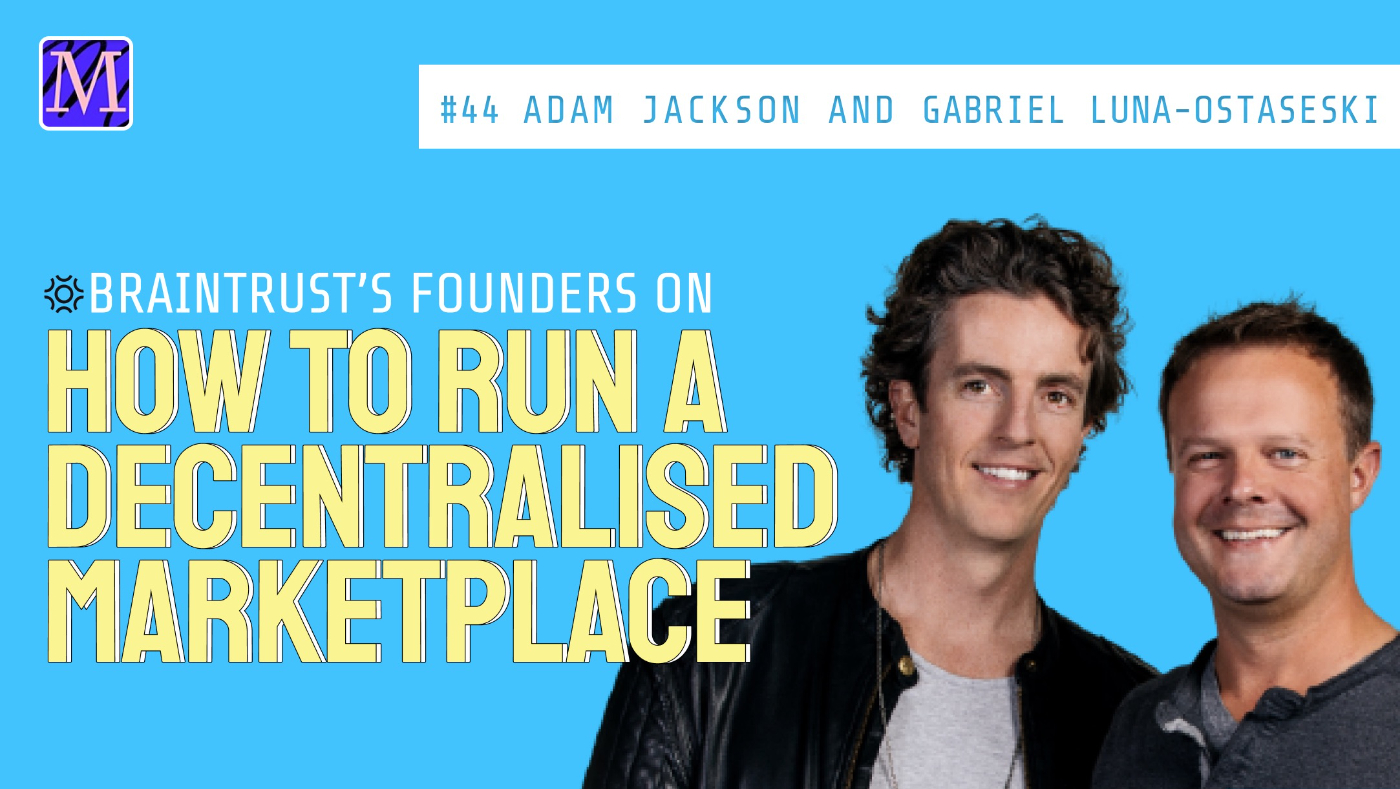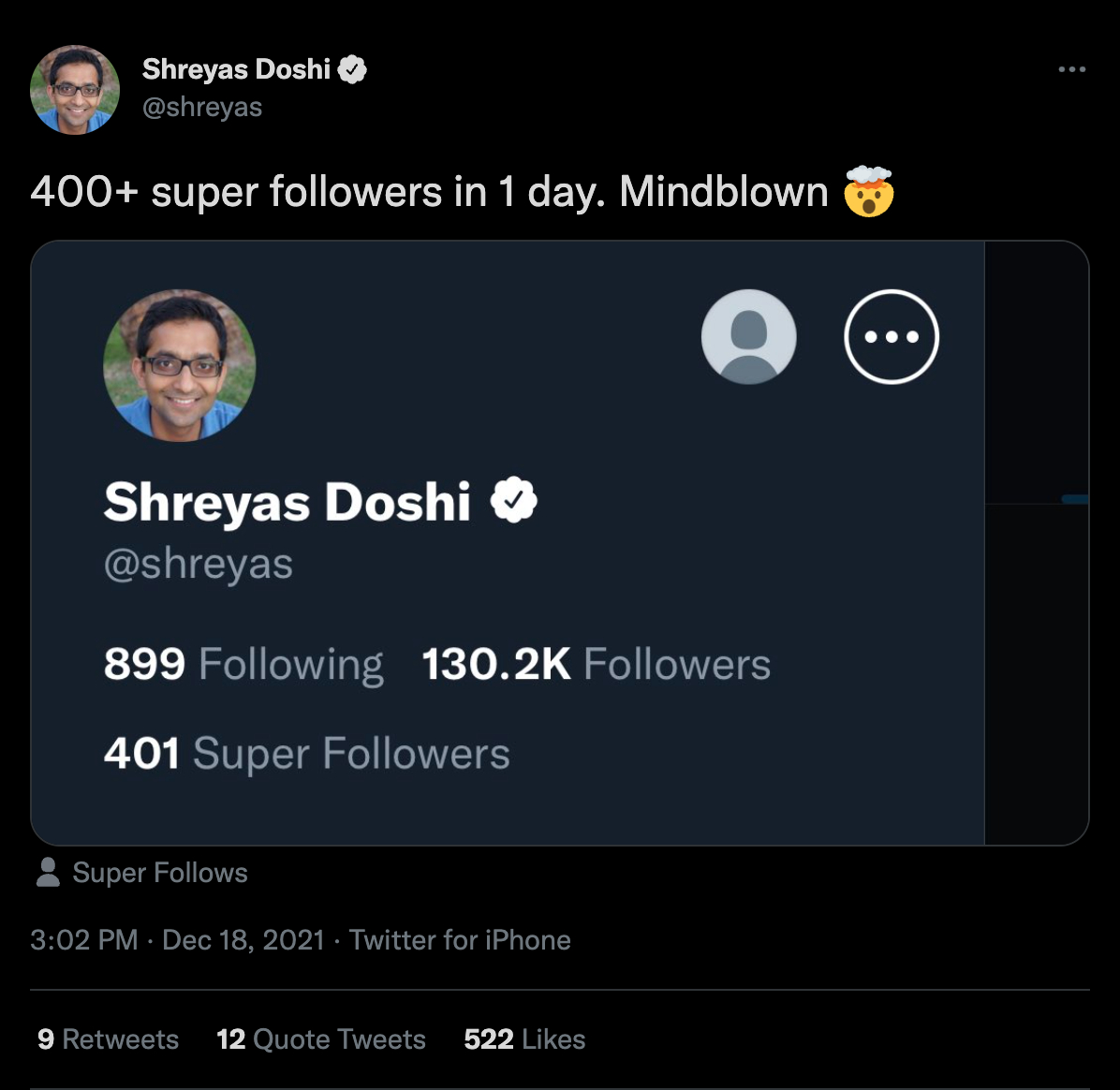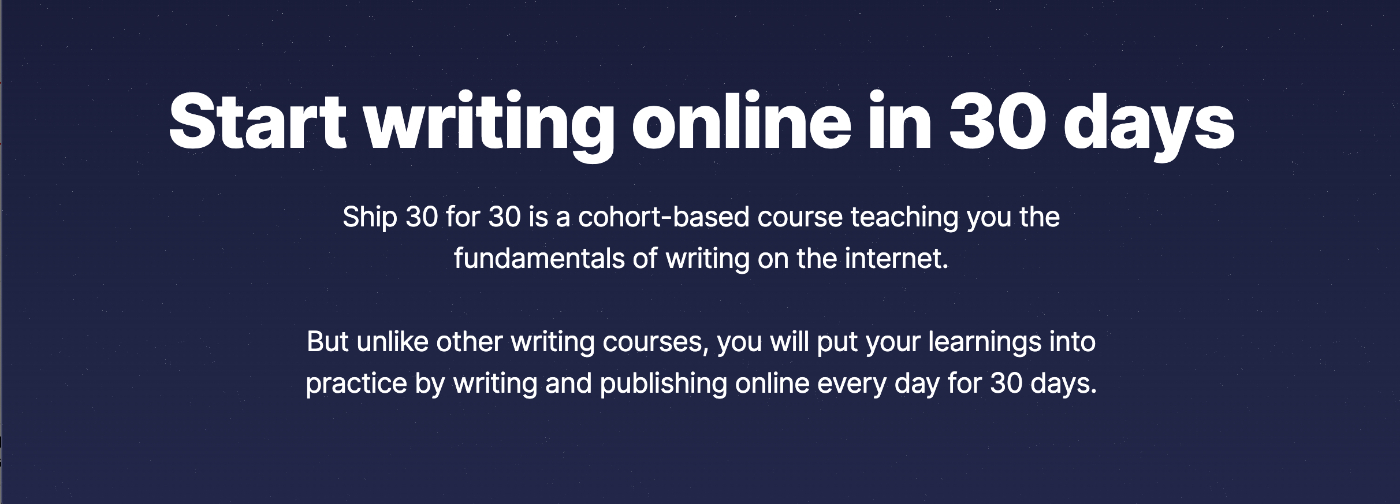
2022 Investment Trends, Evaluating Tokenomics, & Much More
Here's everything we published this week!
December 18, 2021 · Updated February 1, 2026
Knowledge Partner: McKinsey & Company
Do you know what it takes to keep your best employees on board? With 40 percent of workers considering leaving their current jobs, the stakes are high when it comes to today’s talent. Don’t miss the quiz for a fun new take on turning the Great Attrition into the Great Attraction.
Happy Sunday!
In our final full week of publishing for 2021, our writers have compiled some of their best work yet. Let’s jump to it.
The primary trends I’m investing in next year
Evan Armstrong / Napkin Math
Rather than looking back at 2021, Evan is looking forward to his investing themes for next year. In this brief article, he reveals his 2022 predictions ranging from the coming newsletter winter, to the role inflation might play in changing SaaS GTM motions, to his bull case for Web3 services. You also can read to the end to see why he is considering dropping $10K into OlympusDAO. (Disclaimer: This is not financial advice, but even if it was, Evan would tell you himself that it's almost certainly bad advice.)
Tokenomics 101: The Basics of Evaluating Cryptocurrencies
Nat Eliason / Almanack
When evaluating the economics of a crypto project, analysts typically employ the two classic tools of the financial inquiry—supply and demand. Nat would like to formally and publicly argue that you should also evaluate the quality of their memes. For this week’s Almanack, he addresses one of his reader’s most frequent questions: how to evaluate the viability of a crypto project’s incentive design (more easily known as Tokenomics). Read the full article to understand how to weigh supply and demand control, as well as the uniquely powerful effect of belief that determines the success or failure of cryptocurrencies.
Is Axie Infinity a Ponzi Scheme?
Nathan Baschez & Ryan Broderick / Divinations
This week Nathan teamed up with friend of Every Ryan Broderick (who also has a really great technology newsletter called Garbage Day) to tackle the complexity that is Axie Infinity. Axie is a “Play-to-Earn” video game that rewards players for in-game actions with cold, hard, highly-unstable-in-value crypto tokens that you can then turn into much more stable-in-value cash. Its tokenomics are questionable, and Nathan argues that it closely resembles a Ponzi scheme. And maybe it is! But is a Ponzi scheme still a Ponzi scheme if everyone involved knows about it? Or is the financial chaos just part of the fun?
Who (and I ask this sincerely) the fuck are you?
Adam Davidson / Masterful Storytelling
We have a long-standing, well-established tradition of lying on our resumes. Little white lies, hopefully, nothing egregious. But what if the blockchain could change all of that? In his piece this week, Adam takes us through the potential implications of a token-driven, blockchain-enabled personal record to document our successes and our failures—a tool that would allow others to call our bullshit and compel us to be a little more honest about the stories we tell about ourselves. Read below to learn more about the way blockchain technology could change how we interact with each other. (P.S. - you can even purchase this article as an NFT! Check it out below.)
The Athlete as Creator
Matt Ragland / Divinations
Some of the most popular creators in the world are actually athletes. You can show a picture of Lebron James or Michael Jordan or Lionel Messi, and pretty much everyone on the planet will know who they are. This attention, of course, turns into brand deals, ads, and massive amounts of money. But one faction of sports creators has been entirely unable to access these dollars: college athletes. Until recently, NCAA rules prevented college athletes from using their name and likeness to turn a profit. This is finally beginning to change, and the results are fascinating. College athletes used to have only one viable future: professional sports. And only 2% ever made it that far. Now, with these changes, athletes can make a living as creators.
Braintrust’s Founders on How to Run a Decentralised Marketplace
Nathan Baschez & Li Jin / Means of CreationMany of the biggest companies of the last few years have been marketplaces—Uber, Airbnb, Doordash, etc—but gig workers like drivers and hosts have captured almost none of the value generated by the network. Crypto has long promised to deliver more of that value back to network participants, but there have been relatively few large examples of that happening. Braintrust is one of the shining examples of the success that occurs when the network delivers. Network participants take on freelance work and have earned over $30m dollars across 2,106 jobs. They just raised $100m from Tiger and Coatue in a private token sale. This week on Means of Creation, Li and Nathan sat down with Braintrust's founders to learn more about the company they are building and their vision for the future of work.
Things We Like
Here are a few more things we think you should know about.
SuperFollow Superstar
A few months ago, Nathan wrote about Twitter Super Follows and the (somewhat clunky) attempts of platforms like Twitter, YouTube, and Facebook to help creators monetize their work. Now, some of those creators are seeing the benefits.
Shreyas Doshi, for example, is one of the more prominent tech voices on Twitter with 131k followers who read his advice on product management. He recently turned on Super Follows and gained 400+ paying subscribers on his first day. Not bad at all! As creators gain more monetization options, Twitter may be one to watch.
OurNetwork
Spencer Noon / OurNetwork
OurNetwork is the leading web3 and crypto analytics newsletter, dedicated to helping readers understand on-chain metrics and fundamental analysis. Led by Spencer Noon, Co-founder and General Partner of Variant Fund, each week the newsletter features data-driven analysis on some of the most exciting projects in web3 and crypto.
🚢 Ship 30 for 30
Dickie Bush / Ship 30 for 30
Ship 30 for 30 is a cohort-based course teaching you the fundamentals of digital writing. But unlike other writing courses, you'll put your learnings immediately into practice by writing and publishing every day for 30 days with 500+ other writers.
Every readers can will get $100 off enrollment with code EVERY or by signing up with this link:
The Only Subscription
You Need to
Stay at the
Edge of AI
The essential toolkit for those shaping the future
"This might be the best value you
can get from an AI subscription."
- Jay S.
Join 100,000+ leaders, builders, and innovators

Email address
Already have an account? Sign in
What is included in a subscription?
Daily insights from AI pioneers + early access to powerful AI tools
















Comments
Don't have an account? Sign up!